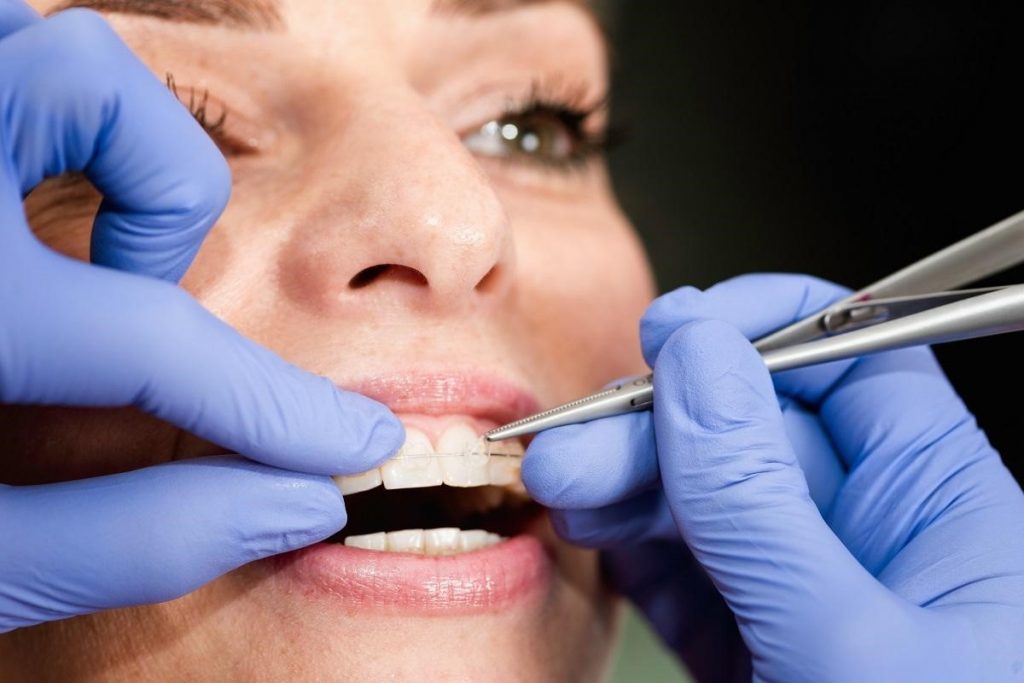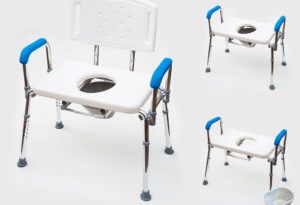10 Foods To Avoid if You’re Wearing Dentures
Maintaining good oral hygiene is essential to overall health, especially for those wearing dentures. The comfort and longevity of your dentures depend heavily on your ability to care for them. One way to achieve this is by being mindful of what you eat.
Certain foods can be detrimental to your dentures, leading to discomfort or damage. By avoiding these foods and making regular visits to a trusted Bridgewater family dentist, you can maintain a healthy and comfortable smile for years to come.
Here are some foods to avoid if you’re wearing dentures:
1. Nuts
Nuts’ hard texture can also cause damage to your dentures by creating cracks or chips when bitten. It’s best to chop them into smaller pieces or opt for nut butter to minimize the risk of damage.
2. Popcorn
Popcorn is a tasty snack but can wreak havoc on your dentures. The hard kernels can cause damage to your dentures, leading to costly repairs. It’s advisable to avoid consuming popcorn or to consume it in moderation.
3. Sticky Candy
Sticky candy is particularly problematic for denture wearers. It can cause dentures to become loose or dislodged, leading to discomfort and even embarrassment. It’s better to avoid sticky candy and instead opt for sugar-free alternatives that are easier to clean.
4. Hard Candy
Though hard candy seems harmless, it can easily crack or chip dentures, leading to expensive repairs. To prevent such damage, it’s best to avoid hard candy or consume it in moderation. Only eat denture-friendly candies and snacks.
5. Crunchy Vegetables
Crunchy vegetables such as carrots, celery, and apples can be difficult to eat with dentures. Biting down on these foods can cause dentures to become dislodged, leading to discomfort and embarrassment. If you choose to eat crunchy vegetables, it’s best to cut them into smaller pieces or cook them until they’re soft.
6. Corn on the Cob
Corn on the cob is a summer favorite, but it can be difficult to eat with dentures. Biting down on the cob can cause dentures to become dislodged, leading to discomfort and embarrassment.
7. Steak
Steak can be difficult to chew with dentures, and the tough texture can cause discomfort. It’s advisable to avoid steak or opt for a softer cut of meat that’s easier to chew.
8. Caramel
Caramel can be difficult to clean from dentures and can cause them to become dislodged. To maintain good oral hygiene, it’s better to avoid caramel and instead choose sugar-free alternatives that are easier to clean.
9. Carbonated Beverages
Carbonated beverages can cause dentures to become dislodged due to the pressure they create in the mouth. It’s best to avoid carbonated beverages or opt for non-carbonated options.
10. Alcohol
Alcohol can cause dentures to dislodge due to its drying effect on the mouth. It’s recommended to either avoid alcohol or consume it in moderation.
Conclusion
To maintain the longevity of your dentures and avoid costly repairs, it’s crucial to be aware of the foods that can cause damage, such as hard, sticky, and crunchy foods. Seeking guidance from a qualified Bridgewater family dentist can provide valuable advice on which foods to avoid and how to take good care of your dentures.




